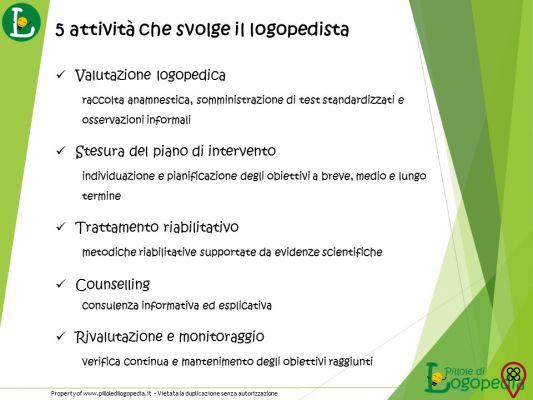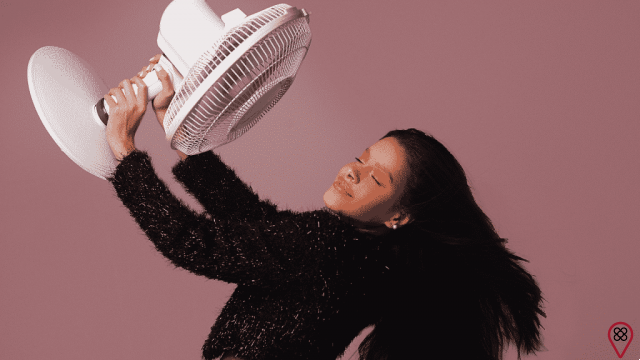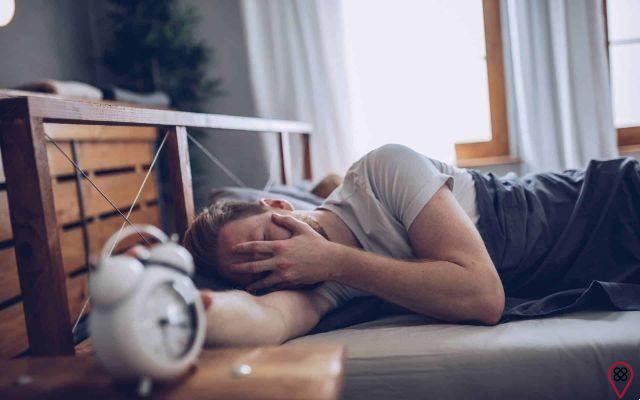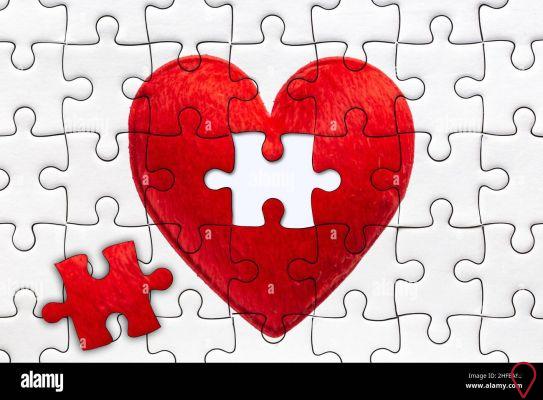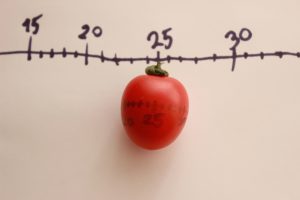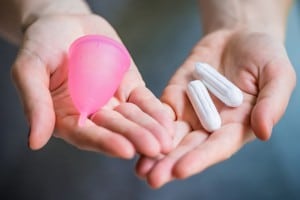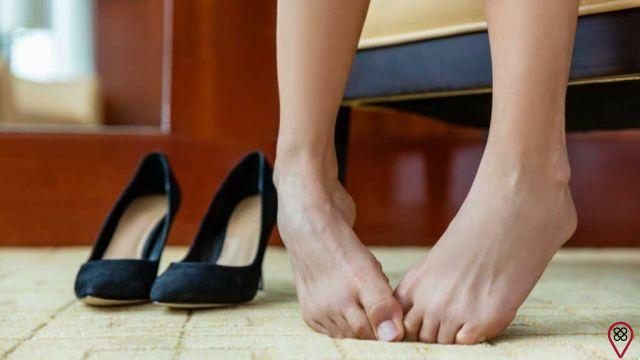That characteristic “hic” sound, followed by discomfort in the chest, often even embarrassment, depending on the environment you are in. Everyone knows what it's like to hiccup, but do you know how to stop hiccups?
Most of the time, the hiccup goes away on its own within a few minutes. But, in addition to being annoying, it can indicate more serious problems when it occurs frequently or persistently.
Next, learn more about hiccups, what are their causes, when we need to be concerned, and learn about some methods to get rid of hiccups.
What is the hiccup?
Hiccup is the involuntary and spasmodic contraction of the diaphragm, a muscle located between the chest and abdomen, which plays an important role in breathing. This contraction causes a sudden inspiration, followed by a sudden closure of the glottis.
This spasm can be triggered by an irritation of the vagus nerve, the nerve that connects the skull to the stomach and is one of the main components of the parasympathetic nervous system, which controls the involuntary actions of our body.

However, why we hiccup has no such simple answer. There is no consensus in the medical literature as to why we hiccup. What is only known is that the hiccup plays an important role in the respiratory and brain development of babies, even before birth.
Hiccups are often harmless, especially if they stop spontaneously within a few minutes. However, if hiccups last for hours, days, or even weeks, they could be related to a more serious health problem.
This is because constant hiccups can be indicative of various respiratory, neurological, digestive, psychological or metabolic diseases, among others. Therefore, in cases of persistent hiccups, an appointment with a doctor should be scheduled to investigate the cause of the problem and, consequently, cure the hiccup.
How the hiccup can be divided
Hiccups can be divided into three categories according to their duration: episodic, persistent, and intractable.
The episodes are usually caused by gastric hyperdistension, which is that feeling of a full stomach after eating too much, or by the consumption of carbonated drinks, chewing gum, smoking or by inflating the stomach during endoscopy, as these are all gestures. that increase the entry of air into the body.
Persistent and intractable ones are more serious. They can cause adverse effects such as weight loss, malnutrition, insomnia, fatigue and stress. These two types of hiccups usually affect people who are elderly or who have an associated illness.
Main causes of hiccups
But what exactly causes the hiccup? Well, hiccups can happen for a variety of reasons, although it's not known for sure how each of them can cause your diaphragm and chest to spasm. Among the main causes are:
- Stomach dilatation as a result of eating too much food or fizzy drinks;
- Consumption of alcoholic beverages, as alcohol can irritate the stomach and esophagus;
- gastrointestinal diseases, mainly because it causes reflux, because the weak acidity irritates the mucosa of the alimentary canal;
- Renal insufficiency, due to the excess of urea in the blood;
- Infections, such as gastroenteritis or pneumonia;
- Respiratory or abdominal inflammations, such as bronchitis, esophagitis, pericarditis, hepatitis, or inflammatory bowel disease;
- Recent surgery in the chest or abdomen area;
- Diseases that affect the brain, such as multiple sclerosis, meningitis or brain cancer.
In most cases, hiccups do not have serious consequences. However, if it persists for more than 48 hours, it is an indication that something is wrong with your body, especially if it is accompanied by other symptoms, such as fever and abdominal pain. In these cases, it is advisable to schedule a medical evaluation to further investigate the possibility of having a disease.
Causes of hiccups in baby
Hiccup in babies, including newborns, is quite common and usually happens because the diaphragm and respiratory muscles are still developing. To prevent hiccups in these cases, it is recommended to burp the baby after breastfeeding.

As with hiccups in adults, if the baby's hiccup lasts more than 1 day, or is interfering with breastfeeding, the ideal is to look for a pediatrician to evaluate the possible causes, which may be of inflammatory or infectious origin.
Only a specialist will be able to diagnose the problem and guide an appropriate treatment.
Is it dangerous to sob a lot?
Although hiccups are harmless and will most often stop on their own, it is not normal to hiccup repeatedly or insistently, for several hours at a time. Then, yes, it is dangerous to sob a lot, because in these cases, the hiccup is actually a warning from your body that there is something out of the ordinary with it.
That's why it's important to listen to our body. If the hiccup takes a long time to go away to the point that it interferes with speech, sleep or even causes unusual tiredness, it can be worrying.
Only from complementary exams, such as X-rays and blood count, will it be possible to know what is causing the hiccup and, consequently, treat the health problem with a specialized team.
Diagnosis and treatment
As we have seen, hiccups from time to time is normal. However, if the hiccups persist for more than 48 hours, the advice is to seek medical help for specific tests. The hiccup becomes a source of concern when it is related to some disease. For this, the sooner there is a diagnosis, the better.
There is no specific treatment to prevent hiccups, but it is possible to eliminate the cause. If the hiccup appears as a result of some health problem, when the specific problem is treated, then the hiccup stops.
Now, if it's related to habits, you need to make some lifestyle changes to avoid recurring hiccups. In other words, eat more slowly and in smaller portions, avoid carbonated drinks, chewing gum, spicy foods and cigarettes.
But even in the case of episodic and habitual hiccups, which do not signal any health problems, they can be quite bothersome and irritating. So there are some ways to stop the hiccup once the crisis starts. Below we have prepared a list of what is good for hiccup.
4 steps to get rid of hiccups in minutes

Once you know what it is and what its causes are, what to do in case of hiccups? Well, everyone knows a technique when it comes to getting the hiccups to stop. While results vary from person to person, some solutions even make scientific sense:
Testing homemade methods
- Drinking a glass of water is the first thing recommended in the event of a hiccup. The method may even work as long as the water temperature is ice cold. What happens is that drinking cold water stimulates the vagus nerve, which controls the body's involuntary actions, through the sudden change in temperature;
- Drink some water with your head down, or at least with the trunk leaning forward can also help, as the position helps to relax the diaphragm.
exercises for hiccup
- Exercises can work, as they stimulate the diaphragm, the nervous system and the other organs affected by hiccups. Holding your breath for as long as you can or breathing into a paper bag increases carbon dioxide levels in the blood, causing the brain to act to contract the diaphragm;
- Another, less invasive method is to breathe deeply and slowly, stretching the diaphragm and other breathing muscles;
- The diaphragm can be mechanically manipulated as well, from the trunk flexion towards the thighs. Making movements with the abdominal muscles can be useful at this time!
How to pass the hiccup by having a scare
- Taking a scare is another popular solution. Although it sounds like a joke, it has a scientific background. The fright leaves the body in a state of alert, releasing into the bloodstream a chemical compound called catecholamine, which regulates the functioning of the nerve responsible for the process of contraction of the diaphragm.
remedy for hiccups
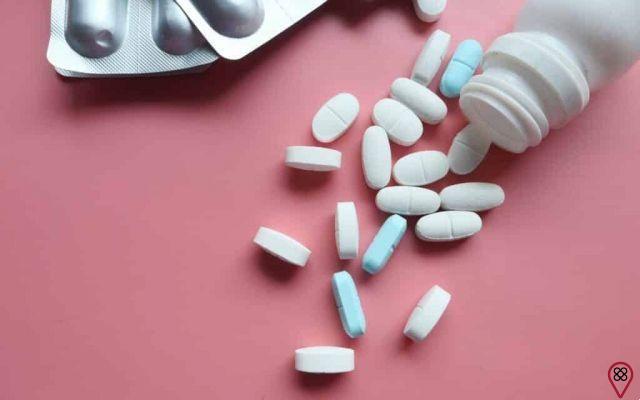
If none of the above steps work and the hiccup is diagnosed as persistent or intractable, certain medications may be used. It is worth remembering that only a health professional can recommend the best medicine.
- The drugs most used to treat severe crises are those that act directly on the nervous system and control the stimuli that cause hiccups. Medicines that act on the digestive system are also used when the cause of the hiccup is associated with gastrointestinal disorders;
- In extreme cases, the doctor may prescribe anticonvulsants and strong relaxants, such as phenytoin, gabapentin or baclofen, for example, which act directly on the control of nerve impulses.
Despite often appearing at inconvenient times, hiccups are a natural reaction of our body, becoming a cause for concern only if it recurs. Alone, it does not indicate any health problem, but attention is needed if the hiccup occurs frequently or associated with other symptoms.
You may also like
- Learn about the benefits of pink salt
- Read more about essential oils to use during winter
- Discover teas for the fight and relief of respiratory diseases
There is no definitive solution to get rid of hiccups. However, leading a relaxed, stress-free life already eliminates many of the triggers that cause hiccups, helping to reduce their occurrence.



